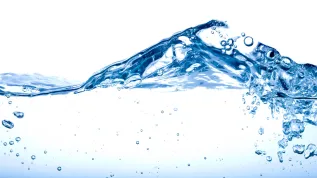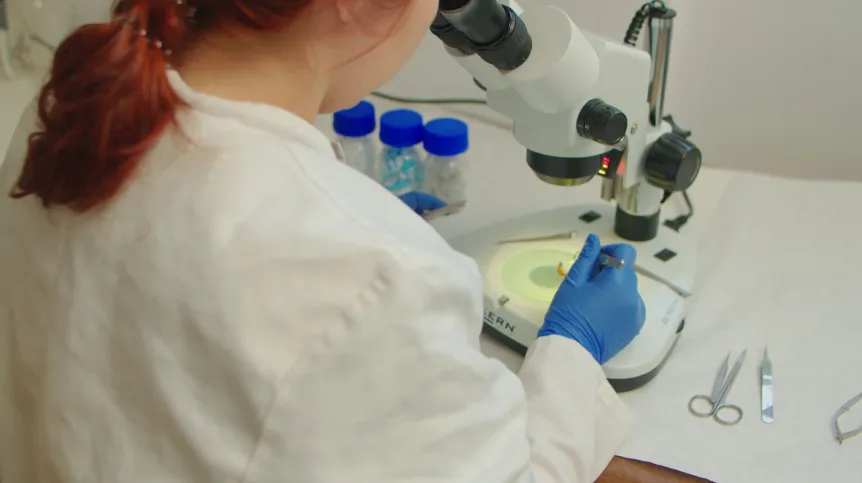
Some species of insects are able to eat plastics. The results of research conducted at the Poznań University of Life Sciences are intended to expand knowledge about the ability of insects to biodegrade plastics; in the future, they could be used to fight environmental pollution.
For many years, scientists have been looking for methods that will reduce environmental pollution with plastic waste. In 2017, it was observed that wax moth larvae can eat polyethylene and break it down into ethylene glycol.
'The wax moth, a hive pest, very disliked by beekeepers, is able to digest plastic', says Sandra Kaźmierczak from the Faculty of Veterinary Medicine and Animal Sciences at the Poznań University of Life Sciences, quoted in a short film prepared by the university, entitled 'Beetles v. plastic'.
Kaźmierczak researches the biodegradation of various types of plastics by three selected species of beetles; these are the litter beetle (Alphidobius diaperinus), the superworm (Zophobas morio) and the brown carpet beetle (Attagenus smirnovi).
'These species have quite a bad reputation because they are usually considered pests, so maybe we can improve their image if it turns out that they really can help us degrade plastics. Maybe insects will save us from piles of plastic', Kaźmierczak says.
Kaźmierczak began her research by feeding plastic to insects, and it turned out that those that ate polystyrene in the form of a Styrofoam box were able to digest it.
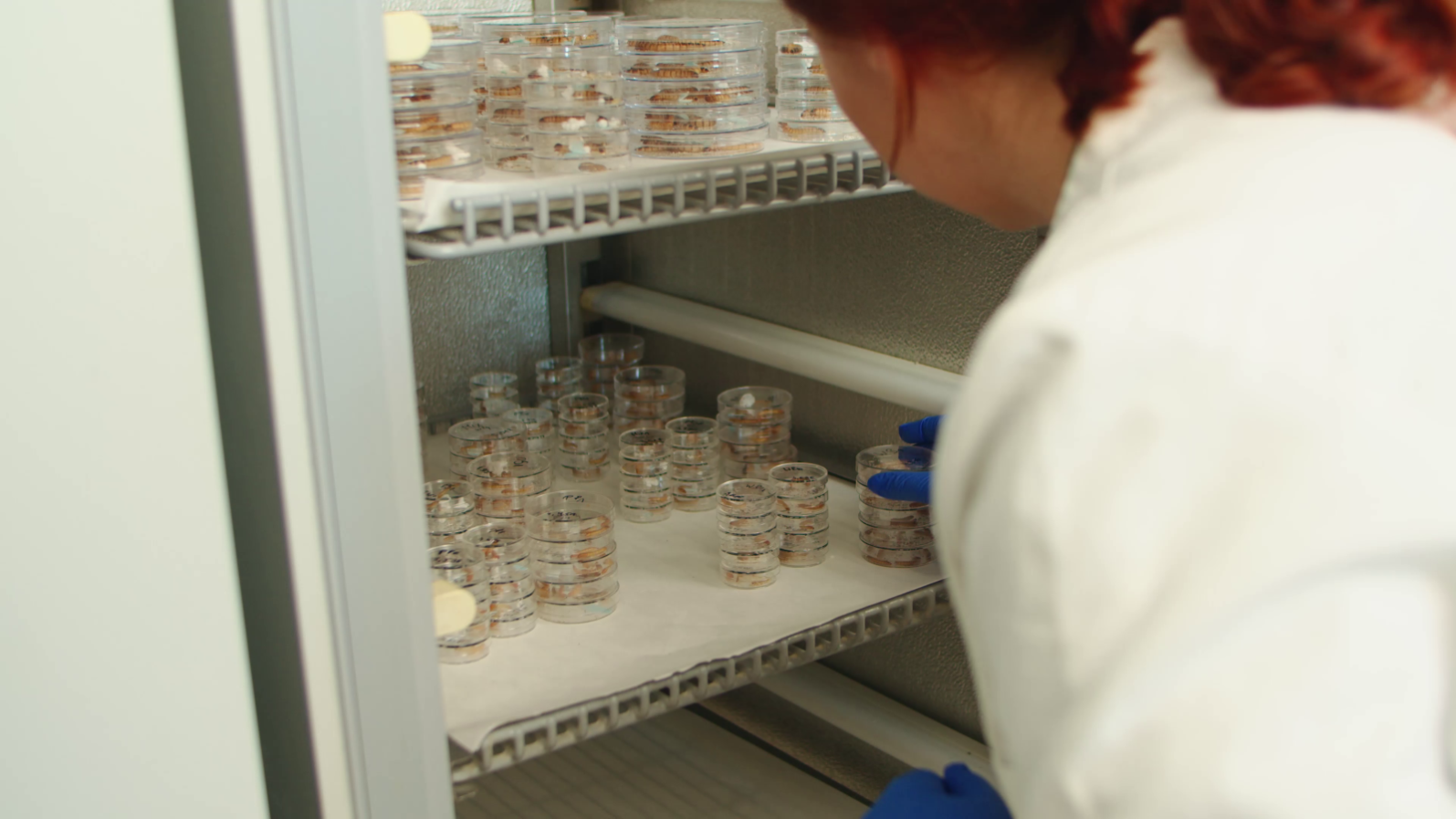
Her research involves analysing the influence of the gastrointestinal microflora on the degradation of plastic and analysing the incorporation of plastic into the tissues of the studied insects.
The researcher has already found that the absorption and digestion of plastic by these insects is greatly influenced by their intestinal microflora. Kaźmierczak also plans to check whether plastic can be incorporated into tissues and damage them, or settle and cause problems for insects.
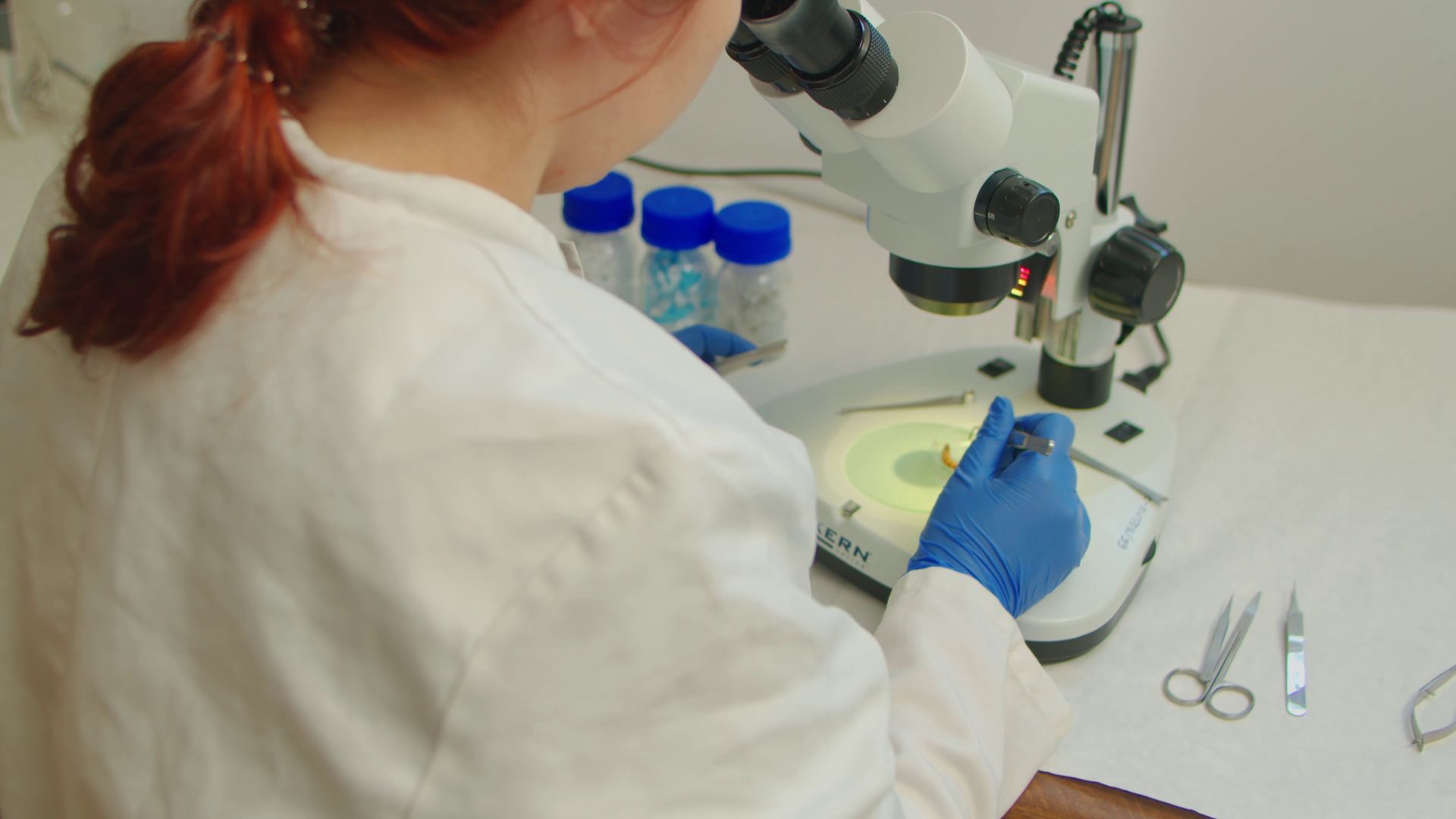
According to the university's press release, the results of this research 'will allow us to expand knowledge about the ability of insects to biodegrade plastics'. 'They may be used in the future to fight environmental pollution’ says the university’s press release.
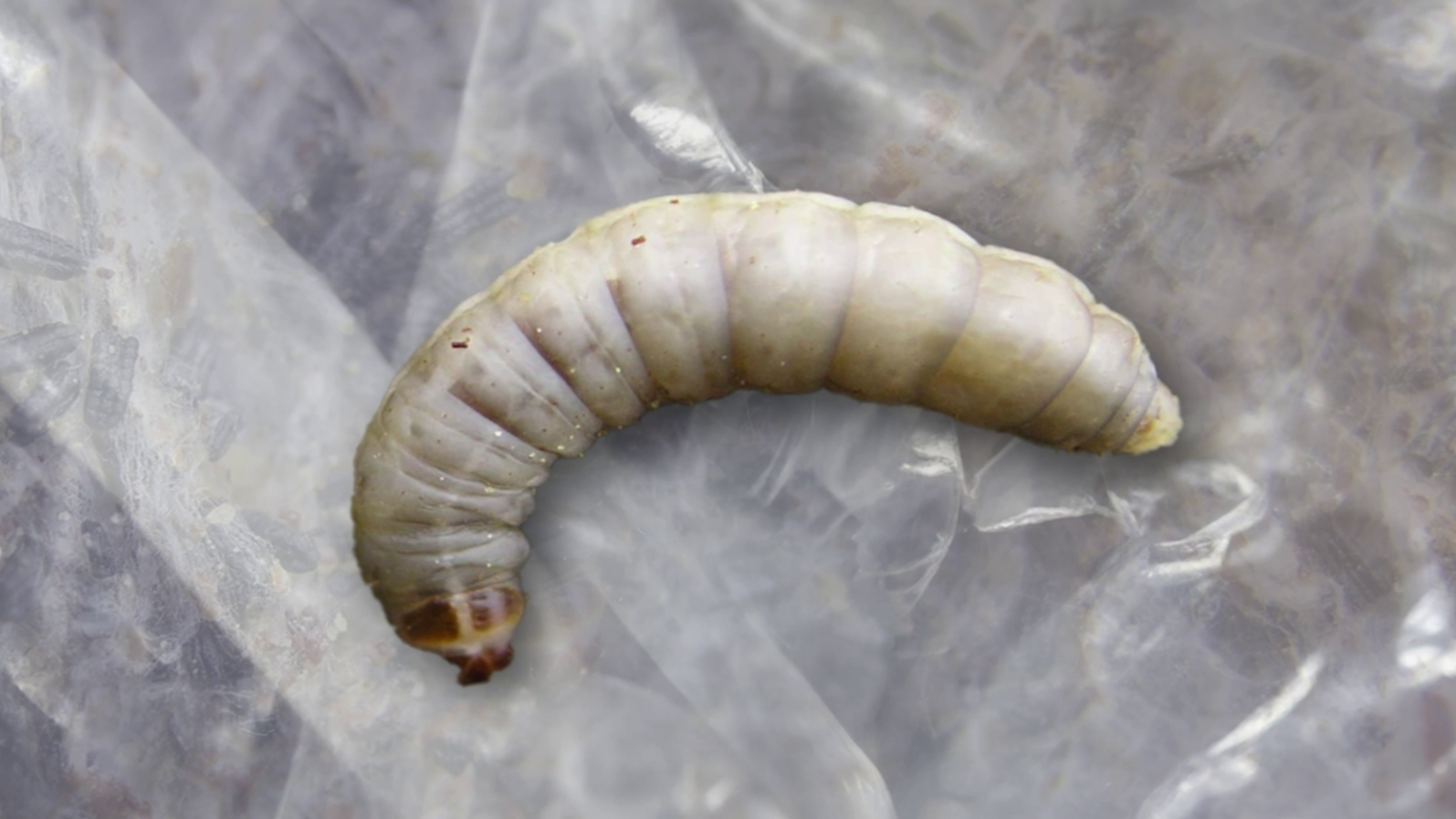
Plastic is now practically everywhere, even in the Arctic Circle. Although it gives people access to cheap, light and durable things, unfortunately most types of plastic are not biodegradable; it can remain in the environment for hundreds of years. On the other hand, despite its resistance to biodegradation, plastic crumbles, resulting in the appearance of its micro- and nanoparticles. 'We know that these small fragments are not only eaten by humans and animals, but can even penetrate cell membranes and affect the functioning of organisms. It is believed that nanoplastic disrupts hormonal balance and causes inflammation', the university says.
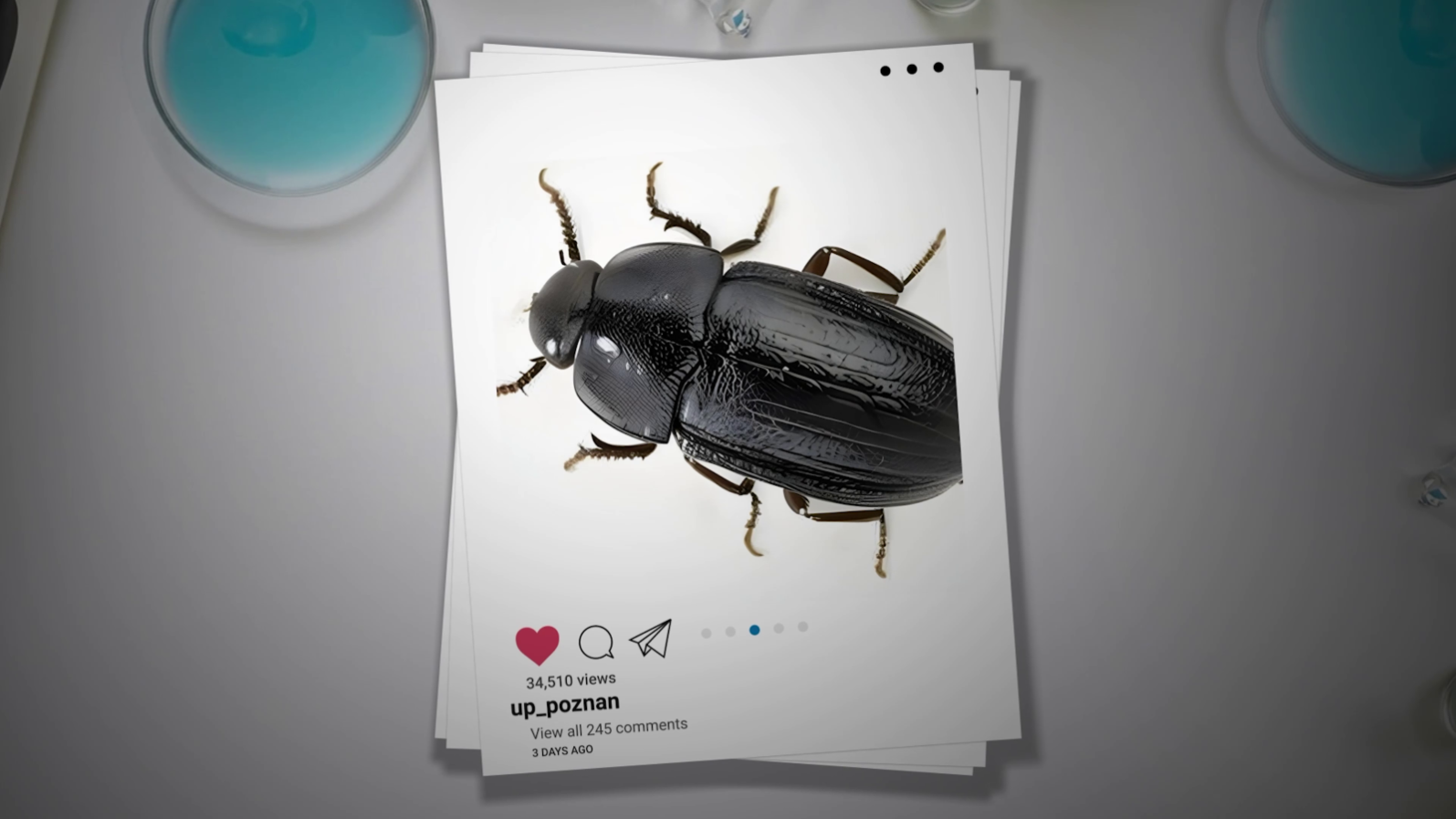
Alternative, biodegradable plastics are available. Bacteria are used to degrade remaining plastic waste, but the decomposition time is long (up to several months). For a relatively short time, insects have been an alternative to the use of bacteria.
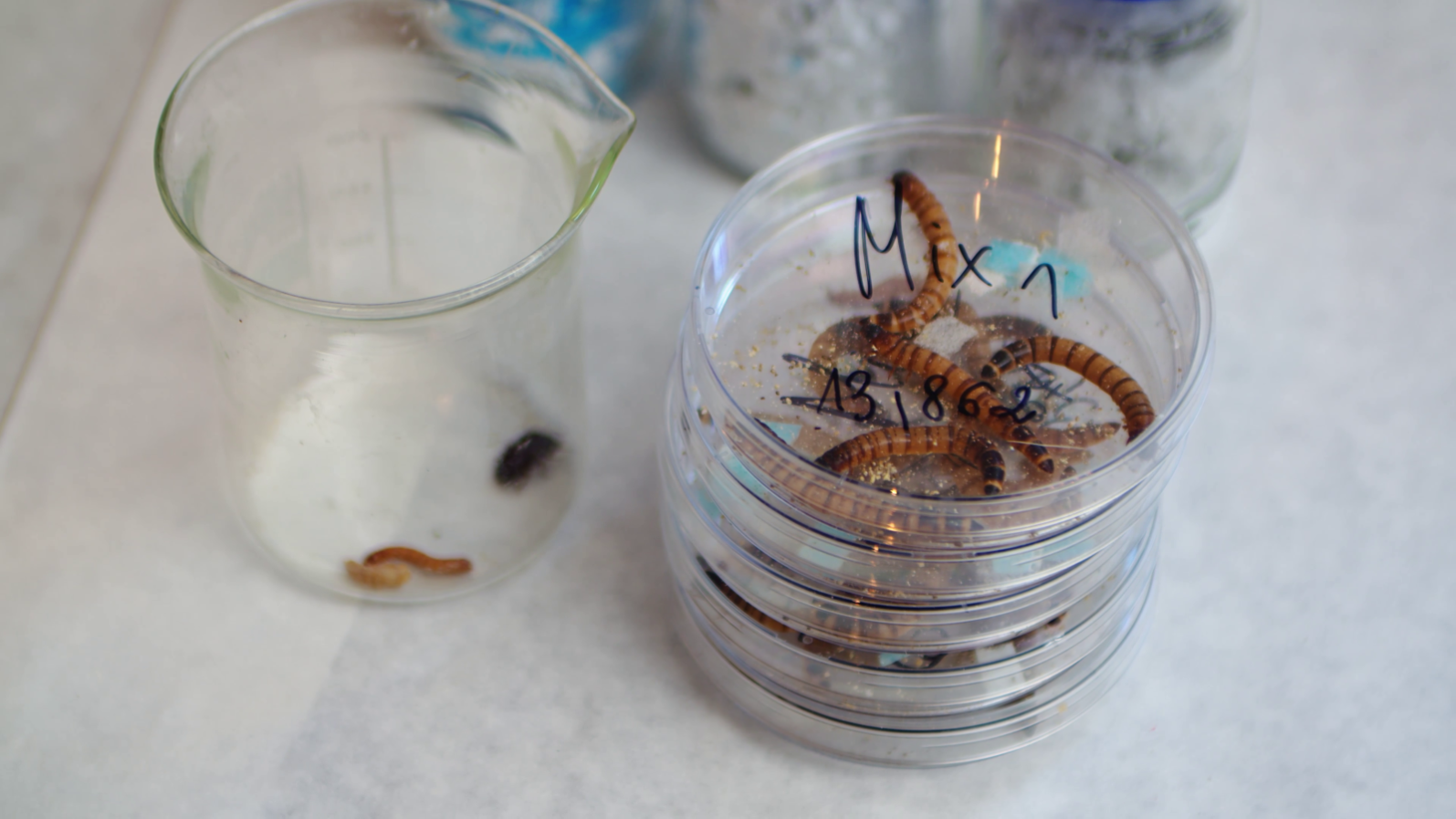
The film was made as part of the project 'Best of Nature 2.0. Integrated Programme of the Poznań University of Life Sciences'. The project is co-financed by the European Union under the European Social Fund (Operational Programme Knowledge Education Development, Measure 3.5 Comprehensive Programs for Higher Education Institutions). (PAP)
amk/ bar/ kap/
tr. RL


